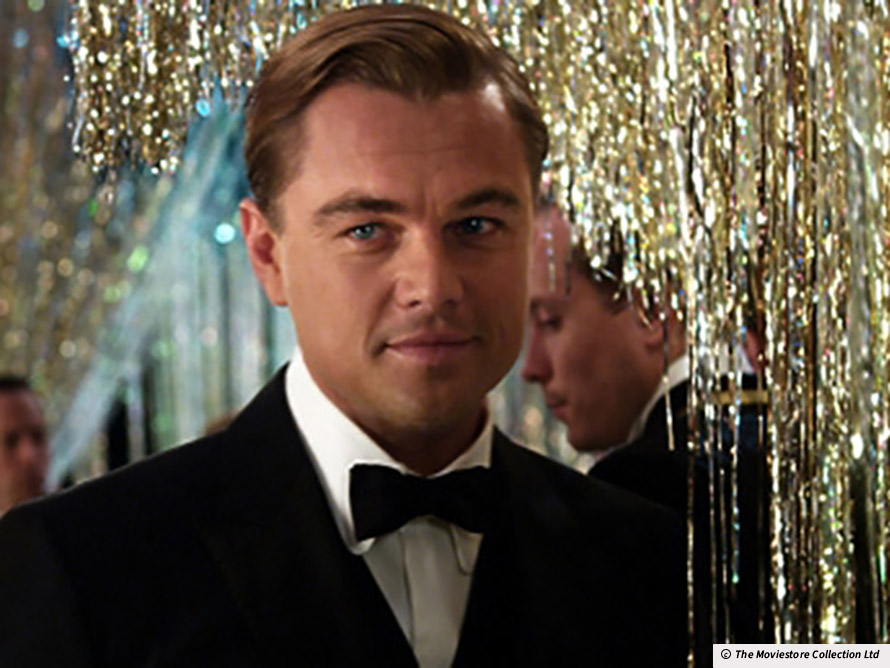World War One was over. The Great DepressionA severe worldwide economic depression that started in the US in 1929. When Roosevelt was elected, the US unemployment rate stood at over 20%. was yet to come. When F Scott Fitzgerald wrote The Great Gatsby in 1925, America was enjoying more wealth and freedom than ever before. But the novel damns the materialismPursuing wealth, possessions and money as a priority. A word usually used to express or imply criticism. and individualism that comes with these new excesses. Its hero, the glamorous socialiteSomeone who is well known in society, and who is known mostly for attending high profile events. Jay Gatsby, throws lavish parties funded by dodgy dealings, hoping to win back his former sweetheart Daisy Buchanan, who is beautiful but unavailable. By the novel's end, Gatsby's dreams — and his life — are in tatters. And the narrator, Nick Carraway, realises that they were hollow from the start.
The Great Gatsby

Glossary
Great Depression - A severe worldwide economic depression that started in the US in 1929. When Roosevelt was elected, the US unemployment rate stood at over 20%.
Materialism - Pursuing wealth, possessions and money as a priority. A word usually used to express or imply criticism.
Socialite - Someone who is well known in society, and who is known mostly for attending high profile events.
Decadence - Moral decline, shown by excessive luxury and spending.
Lavish - Spending more money than is reasonable.
Debutante - An upper-class young woman making her first official appearance in society.
